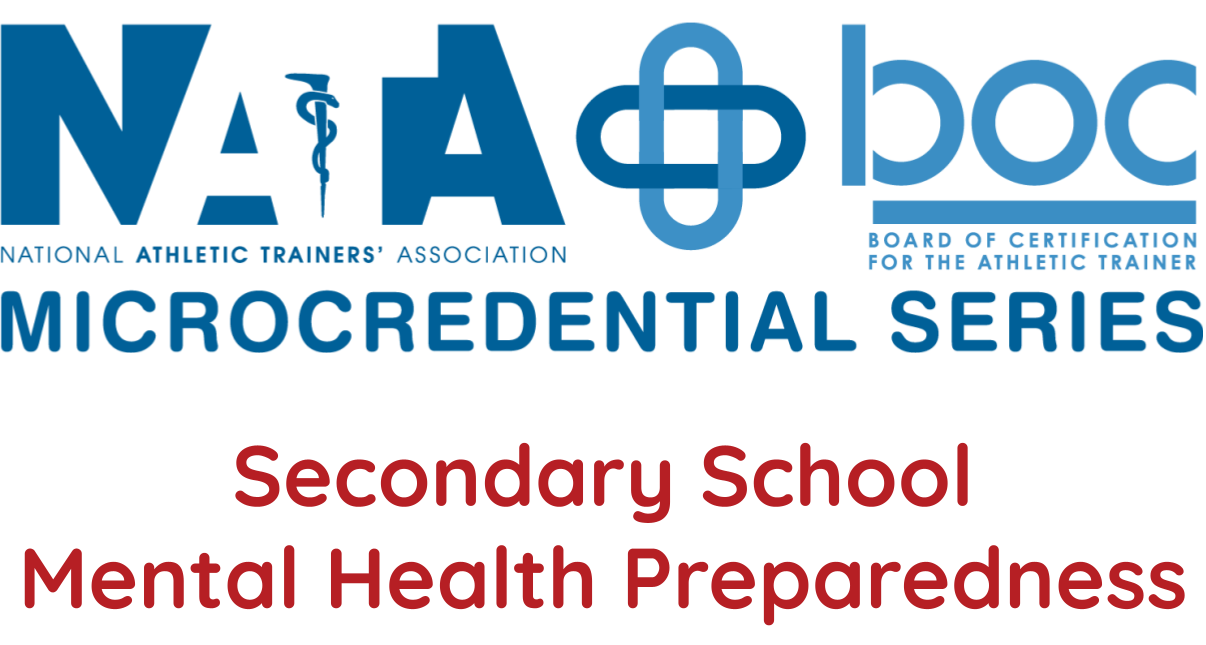
Stanley Herring, MD, FAMSSM
Stanley A. Herring, MD, is senior medical advisor and co-founder of The Sports Institute at UW Medicine, Co- medical director for Orthopedic Health and Sports Medicine for UW Medicine, and co-medical director of the UW Medicine Sports Concussion Program.
Dr. Herring is one of the team physicians for the Seattle Seahawks and the Seattle Mariners. His clinical practice focuses on the diagnosis and non-operative management of neurological and musculoskeletal injuries, particularly focusing on spinal disorders in active people and athletes as well as sports-related concussions.
Dr. Herring is a clinical professor in the Departments of Rehabilitation Medicine, Orthopaedics and Sports Medicine, and Neurological Surgery at the University of Washington, Seattle and holds the Zachery Lystedt Sports Concussion Endowed Chair. His philosophy is to provide kind and compassionate care that focuses not only on the relief of pain and suffering, but also helps patients return to activities that give them quality of life.
Education and Training
UW - Dept. of Rehabilitation Medicine - Residency, 1982, Physical Medicine and Rehabilitation
Univ. of Texas Southwestern - Medical Education, 1979
UW - Dept. of Rehabilitation Medicine - Teaching Appointment
Board Certifications
Physical Medicine & Rehabilitation, 1983, American Board of Physical Medicine & Rehab


